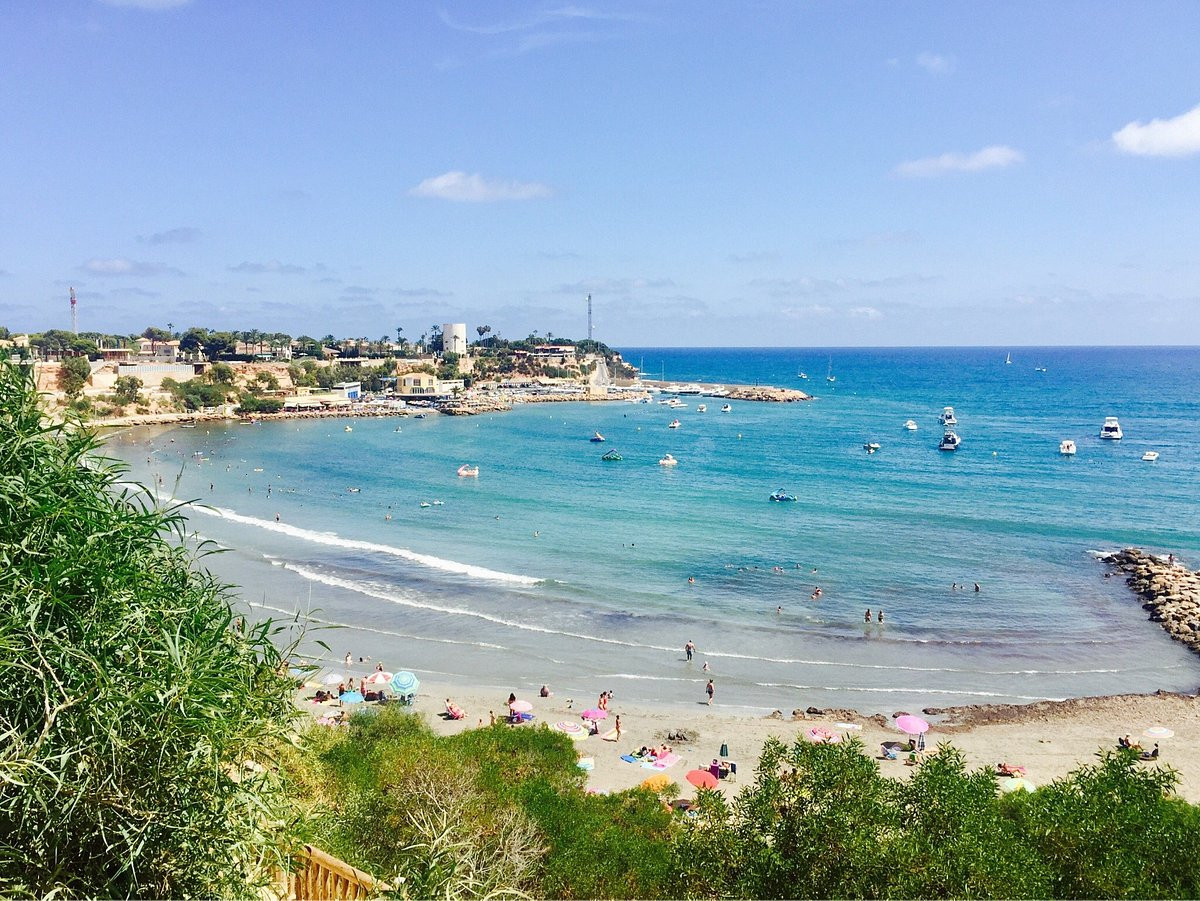Campfire 73: how to make time-off experiences that make people more creative
General 1 reply 0 likes 524 views
James Wallman
7 months
A few take-outs:
- Rest isn't just lazin' around
- (Good) Rest is...
- active
- skill
- social
- you can get better at it... just as you can get better at sports
- the most successful people organize their lives around their days
- focused hours beat long hours
- we should work to our circadian rhythm
- we should *layer* work and rest... with time-off, with sabbaticals
- A study of Southern California academics found that the most successful (inc 4 Nobel prize winners) took lots of time off, more sport etc
- Their less successful colleagues were "too busy working to take time off"
- 25% of startup ideas come to people when they're on vacation
- The idea for the WXO was born in Cabo Roig beach...

- Deep play is how we should think of time off - the leisure equivalent of Cal Newport's Deep Work
- "Deep play" was conceived by an anthropologist Clifford Geertz in his essay Deep Play: Notes on The Balinese Cockfight
- Deep play is reflective of meaningful work... a counterpart... similar type of goals but in a different context
- This is why deeply successful people like extreme sports: climbing, ultramarathons, skiing, sailing..
- But also why we can all embrace similar ideas. The idea is not just to observe what *they* do, but to bring these ideas into our lives, and into the experiences we create...
- How might we all bring deep play into the experiences we create?
- Work vs time off is NOT a zero sum game...more leisure may mean fewer hours working, but it will mean more productivity
- Good rest includes space for...
- Mind wandering
- Tinkering
- Exploration
- How do you allow time - for yourself - and design experiences - for others - that create space for mind-wandering, tinkering, exploration?

